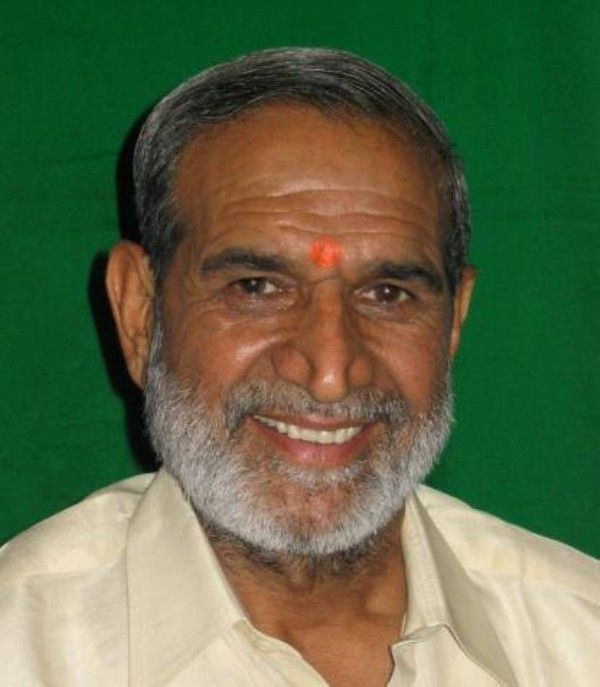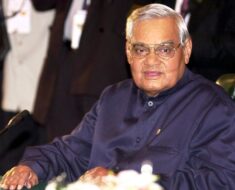Sajjan Kumar, a prominent figure in Indian politics, remains a controversial personality due to his alleged involvement in the 1984 anti-Sikh riots. This detailed biography explores his life, from humble beginnings to a significant political career and subsequent legal battles.
Biography/Wiki
Born on September 23, 1945, in Delhi, British India, Sajjan Kumar hailed from a financially disadvantaged Jat family. His education was primarily home-based, and he reportedly sold tea to support his family during his youth. His early exposure to political discourse sparked an interest that would define his later life.
Family & Caste
Sajjan Kumar’s father was Raghunath Singh, and his mother was Mee Kaur. His brother, Ramesh, also pursued a career in politics. Kumar himself has one son, Jag Parvesh (also a politician), and two daughters. He is a prominent Jat leader in and around Delhi.
Career/Political Journey
Kumar’s political career began in 1977 with his election as a Delhi Councillor, representing Madipur. That same year, he became the General Secretary of the Pradesh Congress Committee (PCC), Delhi. His entry into the Lok Sabha occurred in 1980, defeating former Delhi Chief Minister Brahm Prakash in the 7th Lok Sabha elections. He later served in the 10th and 14th Lok Sabha elections. In 2018, he lost his primary membership in the Indian National Congress following his life sentence in the 1984 anti-Sikh riots case.
Controversy
Sajjan Kumar’s legacy is heavily marked by his alleged role in the 1984 anti-Sikh riots. Following Indira Gandhi’s assassination, several witnesses implicated him in inciting violence against the Sikh community. Charged in 2005 based on the Nanavati Commission’s recommendations, he was eventually sentenced to life imprisonment in December 2018 by the Delhi High Court. Further, he received another life sentence in 2025 for the killing of Jaswant Singh and his son.
Facts
Here are some key facts about Sajjan Kumar’s life:
- Hailing from a poor family, he sold tea in his childhood.
- He was closely associated with Sanjay Gandhi.
- He played a significant role in implementing Sanjay Gandhi’s Five-Point Programme.
- He defeated two former Delhi Chief Ministers in Lok Sabha elections.
- He received a life sentence for his involvement in the 1984 anti-Sikh riots.
| Aspect | Details |
|---|---|
| Birthdate | September 23, 1945 |
| Birthplace | Delhi, British India |
| Political Affiliation | Indian National Congress (formerly) |
| Notable Achievements | Delhi Councillor, Member of Parliament (Lok Sabha) |
| Controversies | 1984 Anti-Sikh Riots |






